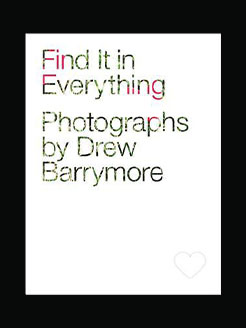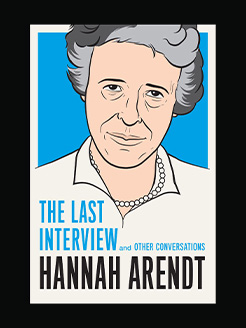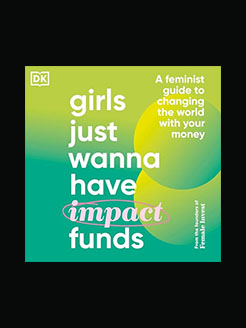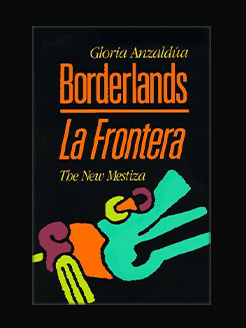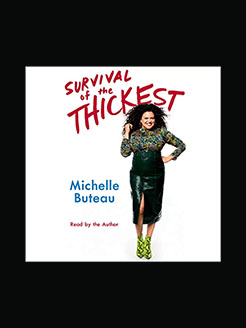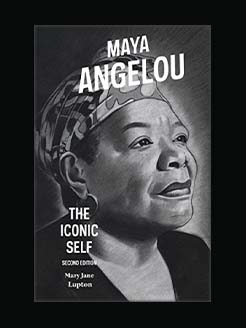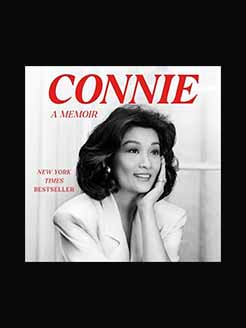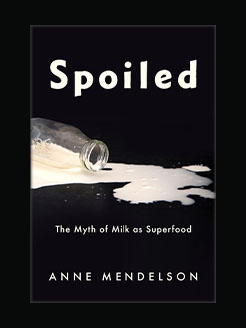Published in 2022
3 hours and 19 minutes
Anna Quindlen is a novelist and journalist whose work has appeared on fiction, nonfiction, and self-help bestseller lists. She is the author of many novels: Object Lessons, One True Thing, Black and Blue, Blessings, Rise and Shine, Every Last One, Still Life with Bread Crumbs, and Miller’s Valley. Her memoir Lots of Candles, Plenty of Cake was a #1 New York Times bestseller. Her book A Short Guide to a Happy Life has sold more than a million copies. While a columnist at The New York Times she won the Pulitzer Prize and published two collections, Living Out Loud and Thinking Out Loud. Her Newsweek columns were collected in Loud and Clear.
What is this book about?
In this clarion call to pick up a pen and find yourself from “one of our most astute chroniclers of modern life” (The New York Times Book Review), #1 New York Times bestselling author Anna Quindlen shows us how anyone can write, and why everyone should.
What really matters in life? What truly lasts in our hearts and minds? Where can we find community, history, humanity? In this lyrical new book, the answer is clear: through writing. This is a book for what Quindlen calls “civilians,” those who want to use the written word to become more human, more themselves.
Write for Your Life argues that there has never been a more important time to stop and record what we are thinking and feeling. Using examples from past, present, and future—from Anne Frank to Toni Morrison, from love letters written after World War II to journal reflections from nurses and doctors today—Write for Your Life vividly illuminates the ways in which writing connects us to ourselves and to those we cherish. Drawing on her personal experiences not just as a writer but as a mother and daughter, Quindlen makes the case that recording our daily lives in writing is essential.
When we write we not only look, we see; we not only react but reflect. Writing gives you something to hold onto in a changing world. “To write the present,” Quindlen says, “is to believe in the future.”
